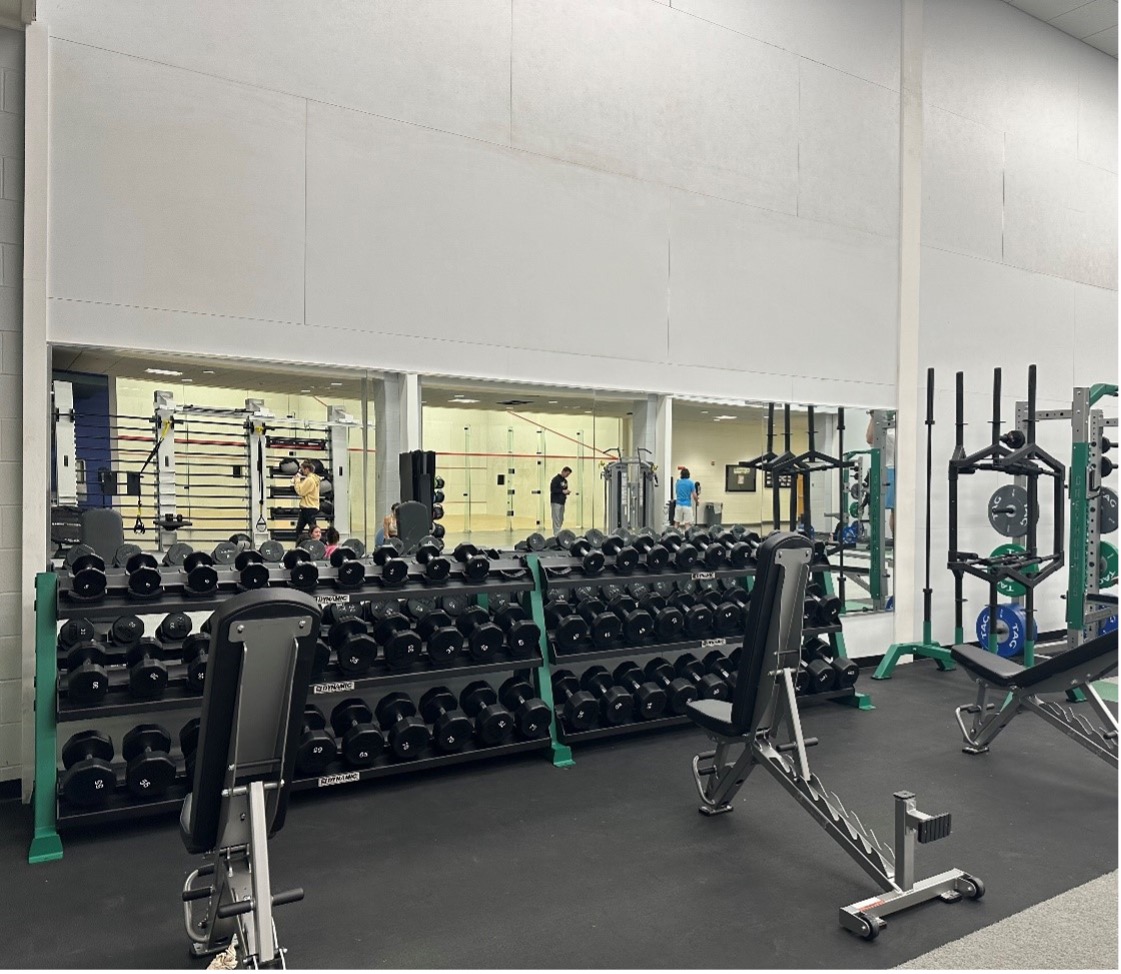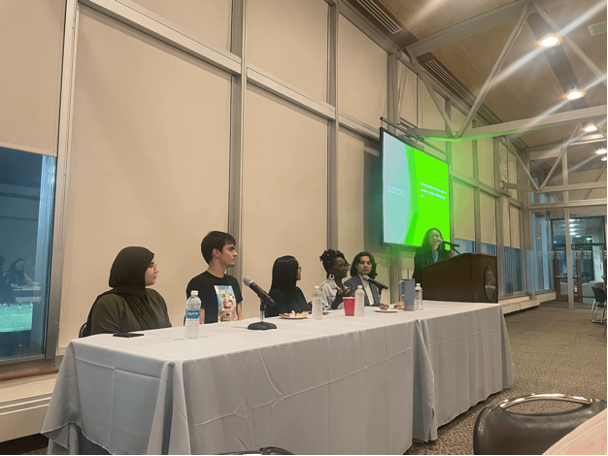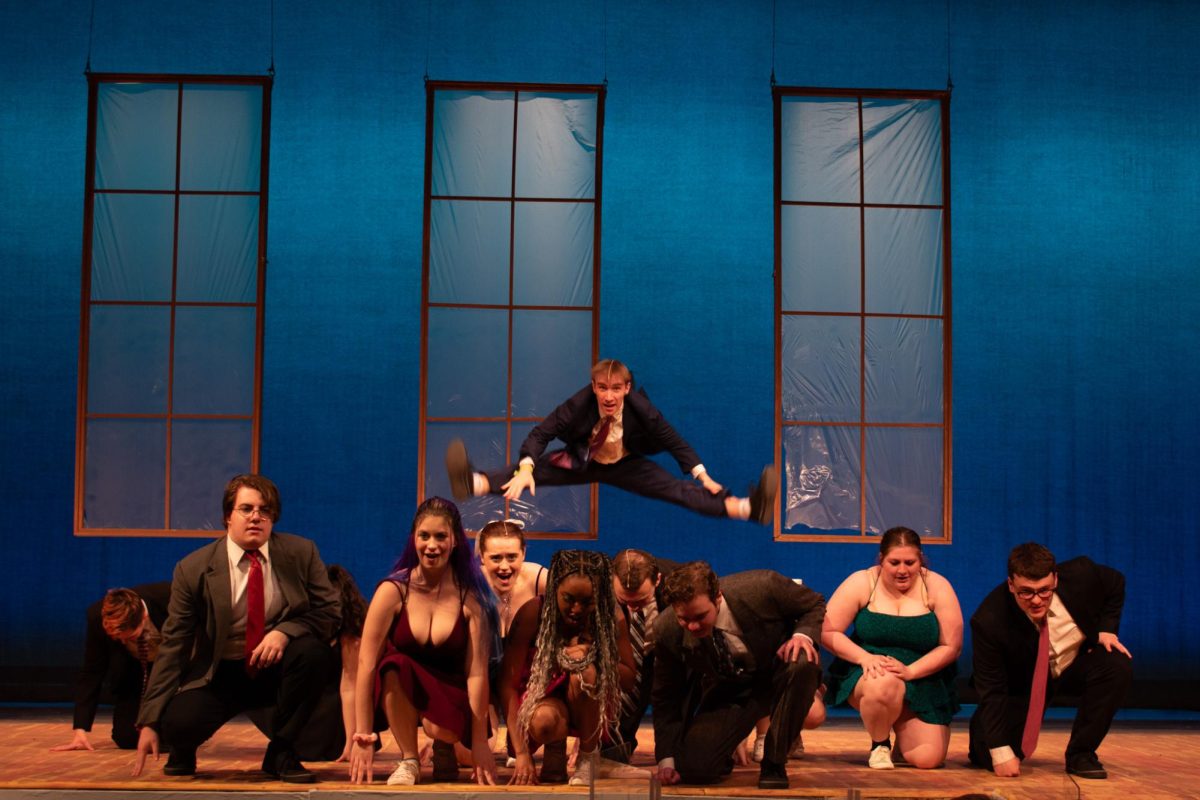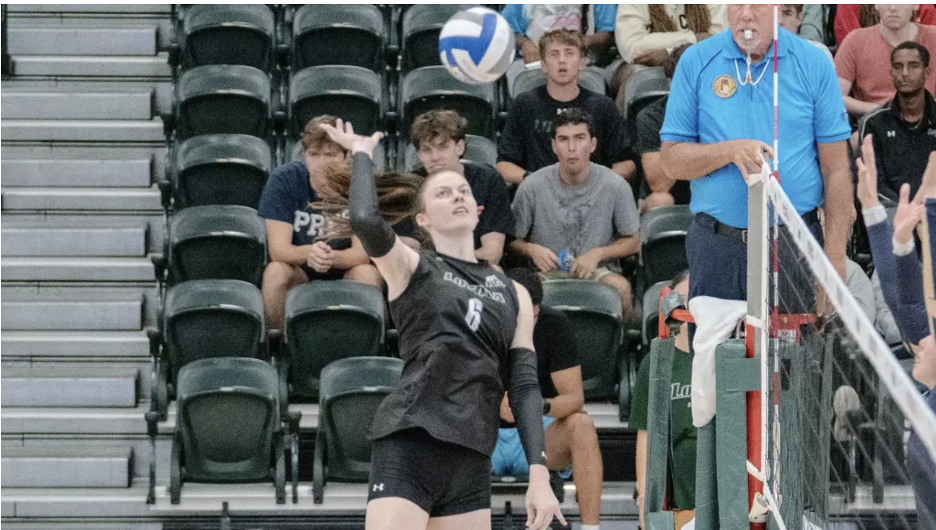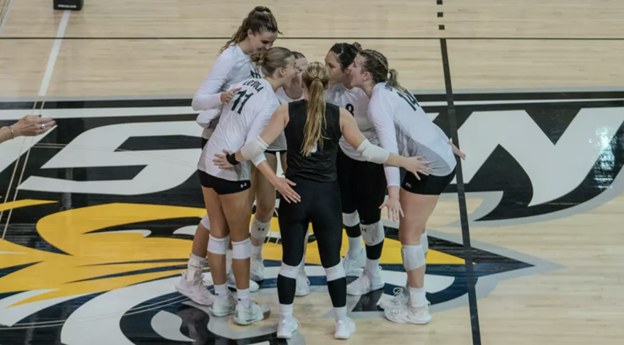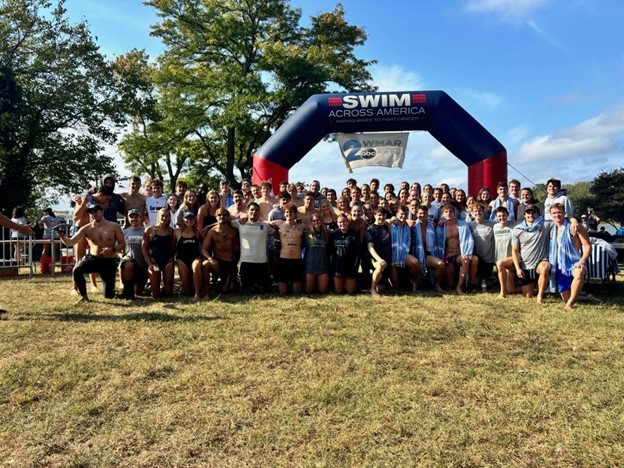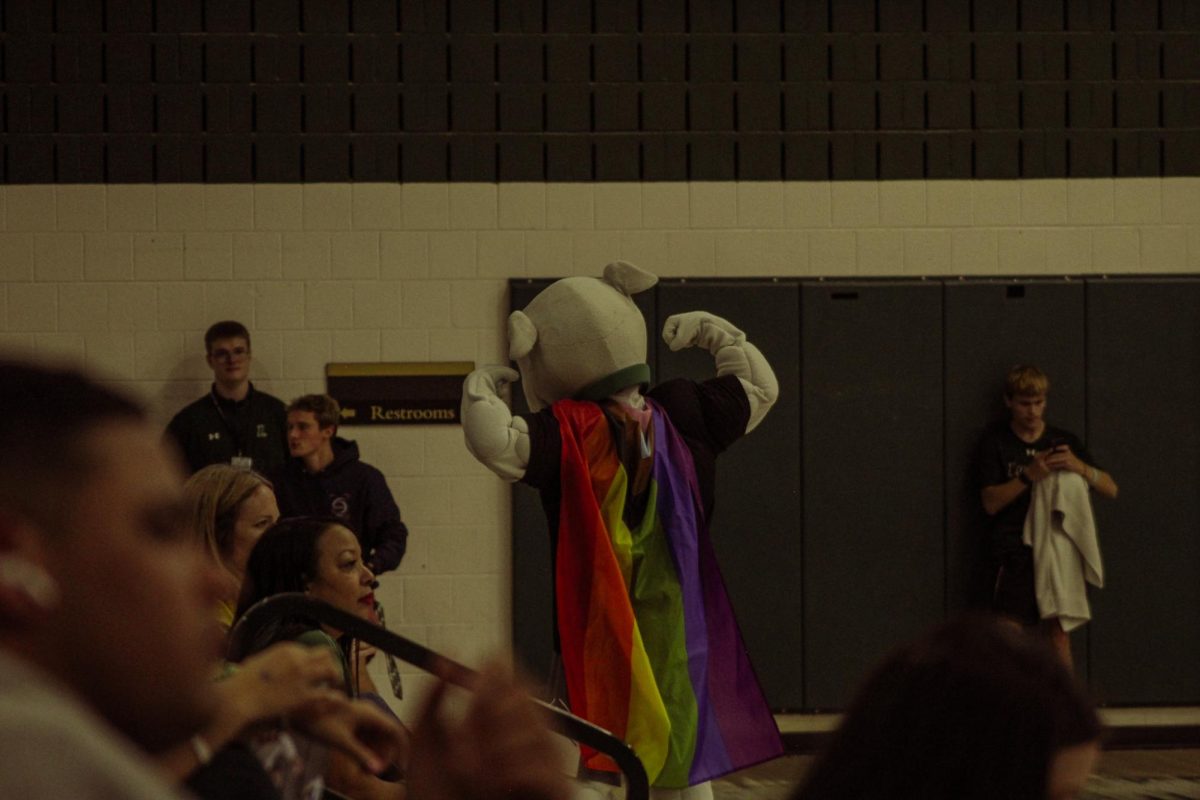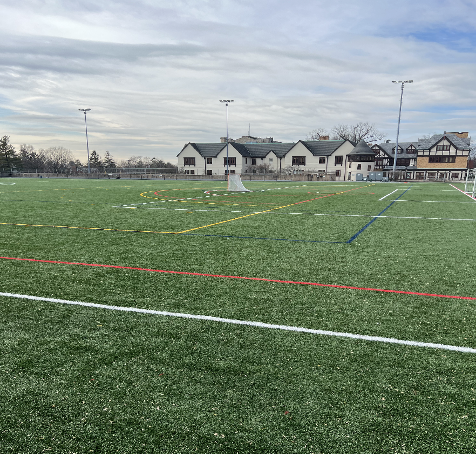Loyola University Maryland offers a wide variety of sports that can be played at a less competitive level on Diane Geppi-Atkins Field (DGA) and at the FAC. Students such as Matt Blose ‘23, captain of his football team, play several intramural sports. Matt says that he is super frustrated with other students failing to show up when game time comes around, as many of the Loyola intramural athletes on the Evergreen campus agree.
The university has developed a variety of sports played throughout the semester both on weekdays and weekends. Every semester, a few hundred students sign up for these intramural sports and many are no-shows. From the courts to the fields, these sports can range from warm and cold temperatures. No student wants to waste time, especially in cold weather when other opportunities are present.
Blose said, “I personally hate when I show up to DGA and the other team no shows. I could have sat in on a Sunday and watch the NFL games rather than stand outside in November when it’s raining, and I don’t even get to play.”
When these students sign up to play, they may forget that it costs them around $40 per team. The cost per team is broken down and divided by each player, so all players pay a small amount to play. Brady Dalton ‘23, a paid intramural referee of all sports, says that he dislikes students not showing.
Even though he still gets paid for no-show games, he said, “I could be spending my time elsewhere. Many times, students email or text us that they cannot make the game, which is fine. But the students that just skip waste mine and others’ time.”
Loyola students are busy people and do not have time to waste as strict schedules are followed. The teams that participate in the leagues do not receive punishment for missing games but it’s important for them to remember the commitment they made. Another Loyola intramural athlete who participates two to three days per week explains his stance.
Luke Shevlin ‘23, who plays on Blose’s team, said, “I am definitely one of the guilty parties, but I always try to make sure I notify the referees that my team will not be in attendance. I honestly believe that it is rude and wastes other students’ time when they could focus on their studies.”
Can more be done to change these athletes’ and referees’ opinions on how to enhance the readiness and dependability of the students? Some believe that the organizers of sports should invest time to talk to students and gain valuable knowledge of students’ schedules. Some alternatives and steps can be taken to strengthen Loyola’s intramural attendance.
Hannah Belanger ‘23, a softball athlete, explains, “Maybe the coordinators can step in. I have a super busy schedule and we should ask if the games are appropriately timed. As a strictly scheduled person myself, I believe that they should ask us participants when we think we can play and that could solve problems.”
Featured Image Courtesy of George Selados.





